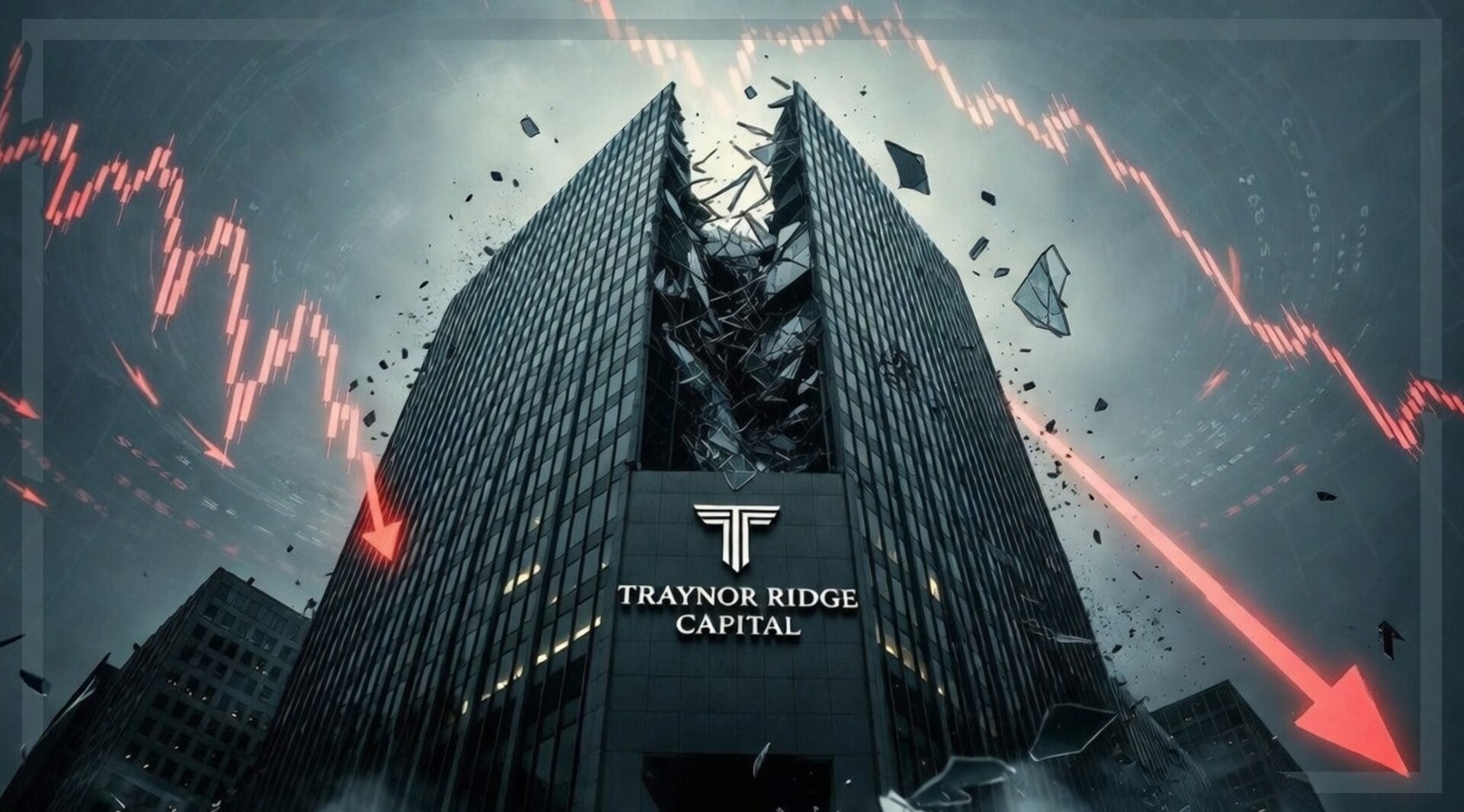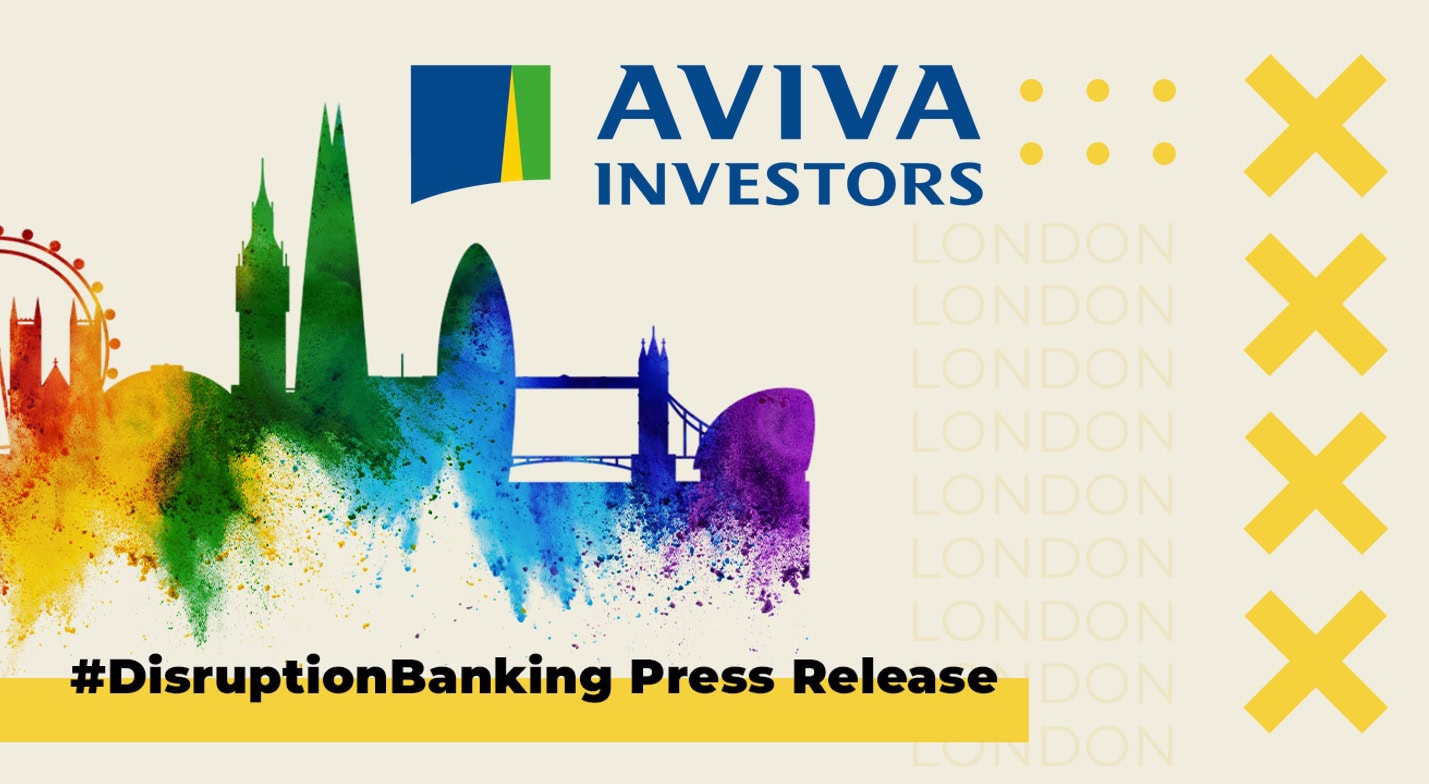In May 2024 River, a U.S.-based bitcoin technology and financial services company, released unverified details of U.S. hedge funds exposure to crypto. One of the firms mentoned was Elliott Management, which River suggested held 168 bitcoins as well as having exposure to bitcoin ETFs. Today we investigate hedge funds increasing interest in crypto and whether 2025 is a crypto bubble waiting to pop.
Elliott Management is a hedge fund known for its activist investor approach to companies such as Phillips 66. It is also known as the hedge fund which is not afraid of a fight. Much of the firm’s activity centres on taking significant stakes in companies and pushing for change to increase shareholder value. Now the company is facing a new fight, one that involves crypto.
Elliott Management’s Letter to Investors
In January the FT reported a warning about crypto from Elliott Management. It highlighted how Paul Singer, the man at the helm of Elliott, had been a long-term critic of crypto whilst also being a republican who actively supported Trump’s re-election campaign. This is particularly interesting bearing in mind how much crypto the firm was alleged to be holding during 2024. But it also makes the warning more credible when a firm with skin in the game sounds a warning.
The letter from Elliott warned how investors are “acting like a crowd of sports bettors,” and how there will be an “inevitable collapse” of the crypto bubble. It suggested that this collapse “could wreak havoc in ways we cannot yet anticipate.”
Was Elliott Management’s Warning Credible?
There are many critics of bitcoin. One of the most vocal over the years has been Peter Schiff. He didn’t fail to disappoint in a post seen by over 1 million in April thie year where he suggested the financial crisis of 2025 would kill bitcoin.
Bitcoin was born out of the financial crisis of 2008. Ironically, the financial crisis of 2025 will kill it.
— Peter Schiff (@PeterSchiff) April 10, 2025
Another critic, American philosopher, author and speaker Peter Boghossian, has also added his two cents worth to the conversation. On July 10 he posted how bitcoin will fall to zero in 5 to 8 years.
In the past critics of crypto have included Jamie Dimon of JP Morgan, Mark Cuban, Warren Buffet, Robert Shiller and many others with an arguably much stronger grasp of economics. Today these people are no longer sceptics. And it’s not just them, Ray Dalio of Bridgewater last week advised investors to allocate up to 15 percent of their portfolio to bitcoin and gold. Even the CEO of the largest bank in Italy, Intesa Sanpaolo, has embraced bitcoin. Not to mention financial behemoths like Fidelity Investments, Charles Schwab, or BlackRock.
Is a Crypto Winter Coming?
Altcoins have not had a tremendous year so far in 2025. As opposed to bitcoin, many of them, like Ethereum, are only up 12 percent from the start of the year. Others, like Solana, are trading at lower than they did on January 1. It’s only bitcoin that has given returns of almost 20 percent from amongst the leading cryptocurrencies.
XRP hit $3.40 in January but has struggled to regain this price level even with all the good news coming out of Washington D.C. (think Genius Act).
All this points to one thing. 2025 is bitcoin’s year. We are unlikely to see a crypto winter this year. However, 2026 is a different matter. @CyclesFan and @deep_quant both suggest a crash may only occur sometime next year.
$BTC – Most bitcoin holders are convinced that it will never crash again because of institutional adaptation and no crashes in 2023-2025. It's easy to make such claims while it's still in a bull market. Until proven otherwise Bitcoin is still likely to crash at least 70% in 2026. pic.twitter.com/0gIGESpBW1
— CyclesFan (@CyclesFan) July 27, 2025
Will More Hedge Funds Join the Crypto Party?
We interview portfolio managers on a regular basis here at DisruptionBanking. Many of them use global macro strategies, others use market neutral strategies, but all of them have one thing in common. They are all seeking alpha.
This year has seen renewed online commentary about the crypto fortunes of various hedge funds like Brevan Howard or Millennium Management. Albeit less is known about how Elliott Management’s crypto portfolio, if it really has one, is performing.
AIMA/PwC reported in October last year how 47% of hedge funds hold crypto, with 58% using derivatives (2024). Hedgeweek, the leading publication for fund managers and institutional investors, has a(nother) Digital Assets Summit coming up in New York this October. Quantstrats, an event dedicated to portfolio managers on the buy-side, has a panel discussion at its October event in London called “Systematic strategies in Digital Assets: Navigating volatility, liquidity, and opportunity.”

These are just current examples of how institutional investors are increasing their exposure to crypto. It’s not just ETHDenver or the Singapore Fintech Festival where you can learn about crypto these days. Crypto is a big topic at events related to asset managers, hedge funds, investment banks, and many more too.
Elliott Management is a disruptor. Jamie Dimon used to rubbish crypto in the past, but today he is one of its biggest supporters. In May he told JP Morgan customers that “we are going to allow you to buy it,” referring to bitcoin. “We’re not going to custody it,” he added, “We’re going to put it in statements for clients.”
It’s very likely that we will see a U-turn in Elliott Management’s approach to crypto too one day. How much will bitcoin be worth when that happens though? $200k? $500k? $0? Who knows.
Author: Andy Samu
Disclaimer:
The editorial team at #DisruptionBanking has taken all precautions to ensure that no persons or organizations have been adversely affected or offered any sort of financial advice in this article. This article is most definitely not financial advice.
See Also:
Billionaire Paul Singer Declares War on Phillips 66 | Disruption Banking
Why Are Hedge Funds Warming Up To Digital Assets? | Disruption Banking
Will Brevan Howard’s Crypto Arm Have Another Successful Year in 2025? | Disruption Banking
What is the GENIUS Act? Banks and Fintechs Rush Towards Stablecoins | Disruption Banking

















